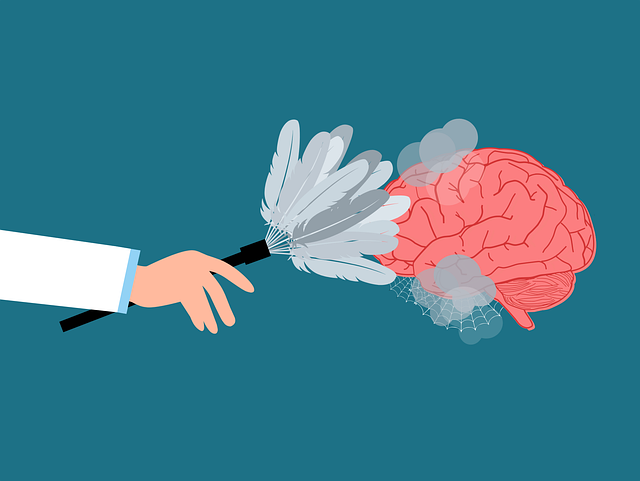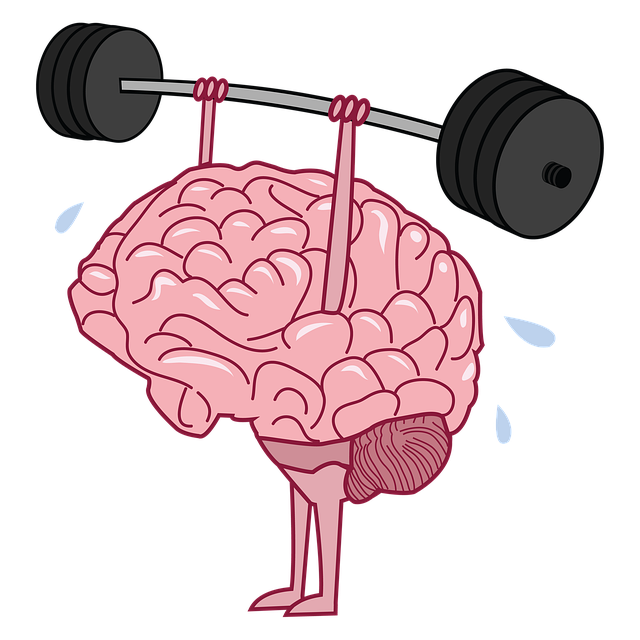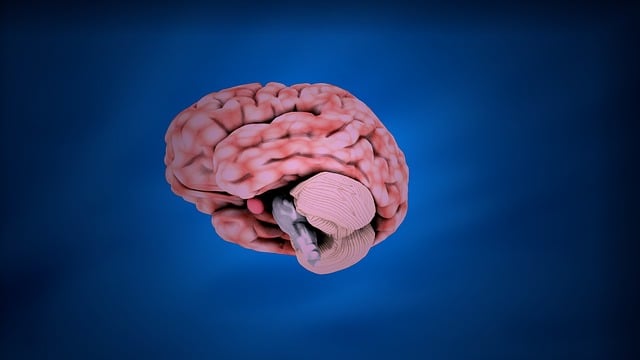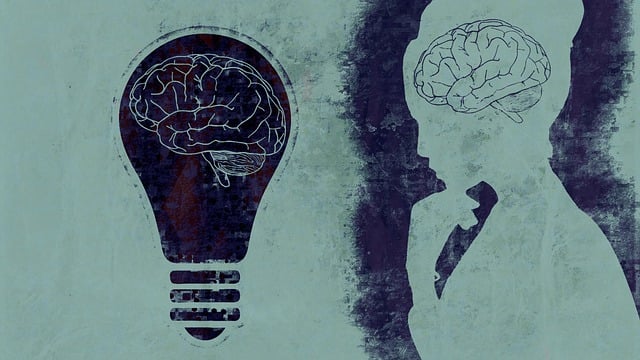Trauma from abuse, accidents, or disasters significantly impacts mental health, leading to conditions like anxiety, depression, and flashbacks. Crisis counseling services play a vital role in helping adults process traumatic experiences, develop coping strategies, and rebuild safety through evidence-based therapies. This immediate assistance stabilizes individuals and empowers them with resilience for future challenges. Long-term strategies such as CBT and EMDR, combined with accessible resources like mental wellness podcasts and community outreach programs, ensure trauma survivors receive comprehensive support for their mental well-being.
Trauma is a prevalent issue affecting many adults, often stemming from past experiences. This article explores the critical role of trauma support services in helping survivors navigate their journey to healing. We delve into understanding adult trauma and its far-reaching impact on mental health. The introduction highlights the significance of crisis counseling as an initial step, followed by an in-depth look at effective therapy approaches tailored for adult survivors. By addressing these aspects, we aim to enhance access to much-needed resources.
- Understanding Adult Trauma and Its Impact
- The Role of Crisis Counseling in Support
- Effective Therapy Approaches for Adult Survivors
Understanding Adult Trauma and Its Impact

Trauma is a profound and complex experience that can leave lasting imprints on an individual’s psyche. Adult trauma encompasses a wide range of adverse events, including but not limited to, physical or emotional abuse, neglect, accidents, natural disasters, military combat, and violent crimes. These experiences can disrupt normal functioning and significantly impact mental health. The effects of trauma are multifaceted, affecting emotions, behaviors, relationships, and overall well-being. Many survivors struggle with symptoms such as anxiety, depression, flashbacks, nightmares, and irritability, often presenting as a persistent sense of fear or hypervigilance.
Recognizing the severity of these impacts is crucial in understanding why therapy for adults who have experienced trauma is so vital. Crisis counseling services play a critical role in supporting individuals to process and overcome their traumatic experiences. Through evidence-based therapeutic approaches, professionals help clients develop coping strategies, improve emotional regulation, and rebuild a sense of safety. Moreover, encouraging the establishment of a self-care routine development for better mental health can be transformative, as it equips survivors with tools to manage their well-being in the long term. Mental illness stigma reduction efforts are also essential to creating a supportive environment where adults trauma survivors can seek help without fear of judgment.
The Role of Crisis Counseling in Support

Crisis counseling plays a pivotal role in trauma support services by providing immediate and intense assistance during or immediately after a traumatic event. This type of therapy for adults is designed to help individuals cope with the overwhelming emotions and stress management challenges that often accompany traumatic experiences. Through crisis counseling, trained professionals offer a safe space where clients can express their feelings, gain perspective, and begin the process of healing.
The goal of crisis counseling sessions is not only to alleviate acute distress but also to instill mind over matter principles and foster resilience building. By helping individuals develop effective coping strategies, crisis counselors empower them to navigate future challenges with greater adaptability. This early intervention can significantly influence long-term mental health outcomes, ensuring that those who have experienced trauma receive the necessary support to regain a sense of control and move forward in their lives.
Effective Therapy Approaches for Adult Survivors

Effective therapy approaches play a pivotal role in supporting adult survivors of trauma. Crisis counseling, tailored to address acute distress, provides immediate relief and stabilizes individuals in the aftermath of traumatic events. This critical initial step paves the way for deeper therapeutic interventions. Long-term strategies, such as evidence-based therapies like Cognitive Behavioral Therapy (CBT) or Eye Movement Desensitization and Reprocessing (EMDR), have proven highly effective in helping survivors process their experiences, challenge distorted thinking patterns, and develop healthy coping mechanisms.
The integration of mental wellness podcast series production can enhance access to these valuable resources, offering flexible and often free platforms for sharing evidence-based practices and resilience-building techniques. Community outreach program implementation further expands support networks, ensuring that trauma survivors receive the help they need, regardless of their location or ability to access traditional therapy settings. These comprehensive approaches work in tandem to foster mental wellness and empower individuals on their journey towards healing and recovery.
Trauma support services are vital for helping adults cope with and recover from challenging experiences. By understanding the far-reaching impact of adult trauma, leveraging crisis counseling as a immediate intervention, and employing effective therapy approaches like those tailored to adult survivors, we can foster healing and resilience. Integrating these strategies ensures comprehensive care for those navigating the aftermath of traumatic events, ultimately enhancing their ability to rebuild and thrive. Crisis counseling and specialized therapy remain indispensable tools in supporting adults on their journey towards recovery.









